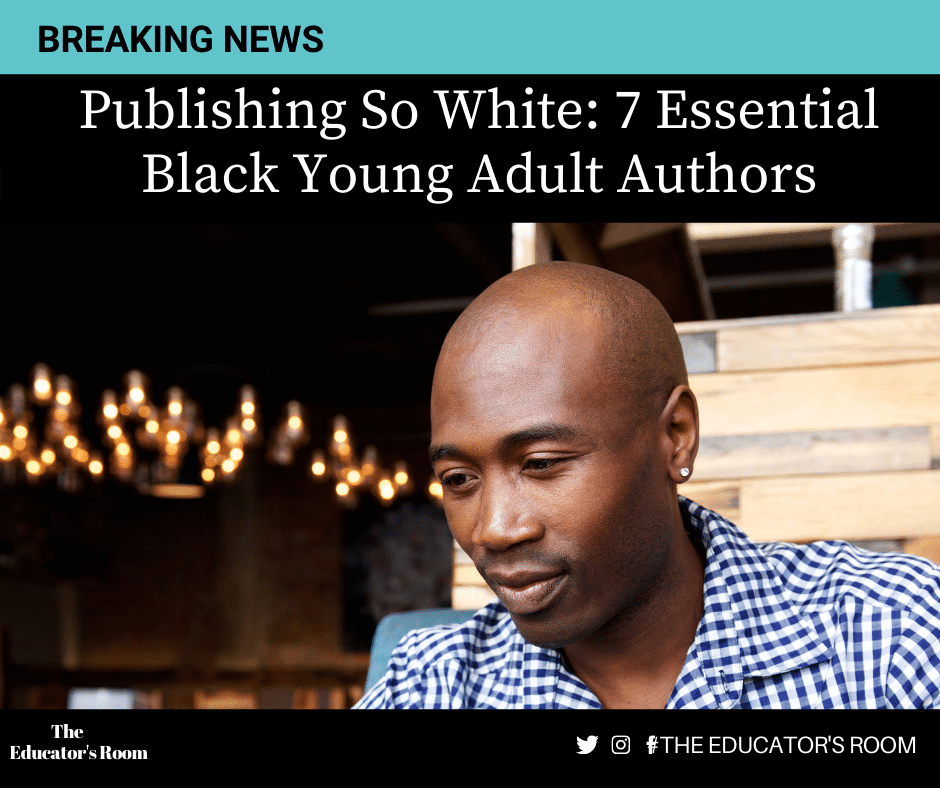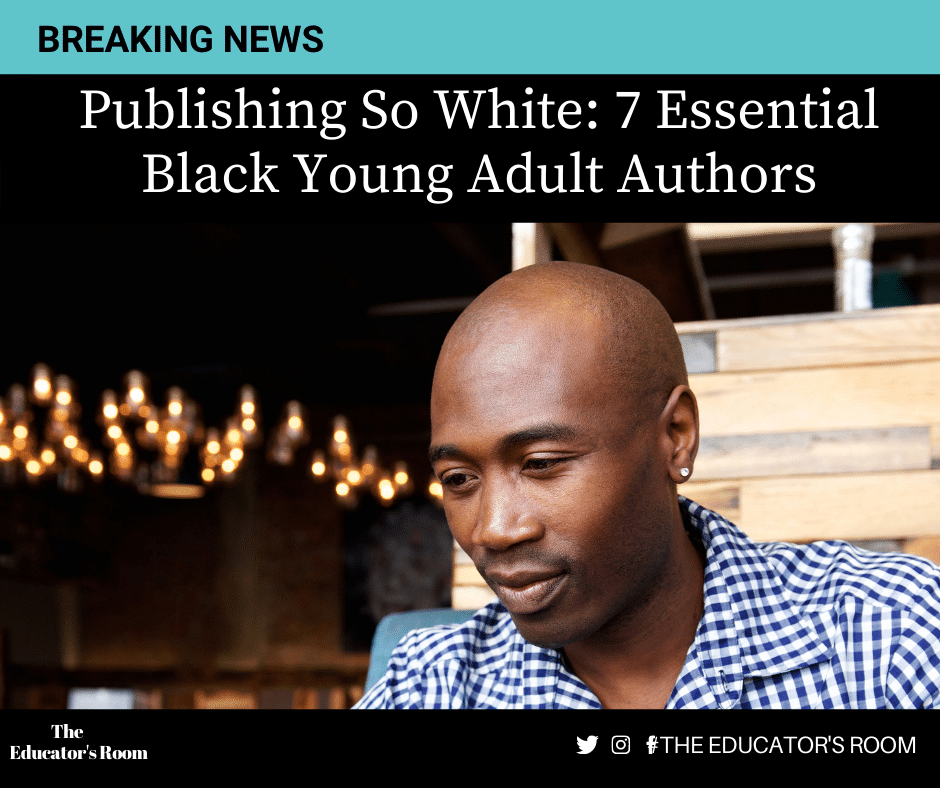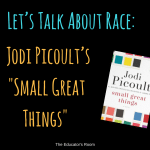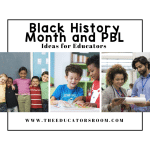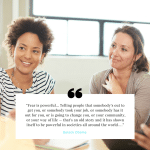Last week, The New York Times published a piece examining the whiteness in the publishing industry. (Thank you to Pod Save the People for bringing it to my attention in your underreported news section. I learn something new from you every week!)
In the five major publications, they analyzed, from 1950-2018, 95% of their authors were white. Not exactly surprising, given the time span. But, lest we think the trend is better, this year, only 22 of 220 (10%) best selling fiction authors were people of color.
This summer brought a swell of well-meaning white folks reading non-fiction written by Black authors. (How to Be an Antiracist, Just Mercy, Caste, and So You Want to Talk About Race to name a few). All of these books are critical in antiracism work, but it’s interesting to note the distinction between fiction and non-fiction. Especially this summer, white people seem eager to read and learn specifically about racism, but, as a whole, not inclined to read Black art in fiction.
Whether this trend is the fault of narrow publishing or readership, I do my best to bring diverse books into my classroom library. Here are some truly remarkable Black YA authors with perspectives my students aren’t accustomed to reading. If you’re an adult reader who’s skeptical about the YA genre, I promise, these are incredibly engaging, socially important, and more than worth the read.
Recommended Books: The Poet X, With the Fire on High, Clap When You Land
Dominican-American poet and writer Elizabeth Acevedo’s writing is truly lyrical and beautiful. Whether in verse or in prose, she immerses readers in the raw emotions, true perspectives, and rich inner lives of her characters. She is definitely one of my favorite voices on my “Girl Power” shelf. In April, she even came out with a journal accompaniment to The Poet X, giving young writers an inspiring space to explore their own stories.
Recommended Books: Dear Martin, Dear Justyce, Odd One Out, Jackpot
I first read Dear Martin in one breathless sitting and I immediately knew I wanted my students to read it. This fall, I created my social justice unit around this text, and several students told me they “accidentally” read it all in a day. Dear Martin is engaging, powerful, and it sheds a light on the human cost of police power and racial injustice. Stone expertly writes about a heavy topic while still managing to make readers laugh, cry, and rally in protest.
Recommended Books: Stamped, All American Boys, The Boy in the Black Suit, Long Way Down, Miles Morales Spiderman, When I Was the Greatest
Jason Reynolds writes honest, believable realistic fiction that even my most reluctant readers relate to. I’ll never forget when one of my students laughed during silent reading, and then said, aghast, “I can’t believe I just laughed out loud to a book.” Reynolds has a way of relating hard truths through incredibly relatable characters. He prompts readers to examine their perspectives and reflect on those that differ from their own. (All American Boys is especially adept at that balance) Although it’s non-fiction, I had to include Stamped because this adaptation of Ibram X Kendi’s Stamped from the Beginning is absolutely essential, for young readers and adults alike.
Recommended Books: American Street, Pride, Punching the Air
I’ve taught American Street in summer school and also used excerpts in a ninth-grade unit about what it means to be American. Zoboi brings an international and immigrant perspective that so many of my students have not been exposed to, which helped them think critically about “the American dream” Her most recent, Punching the Air, co-written with Yusef Salaam of the exonerated Central Park five, is a profound verse novel about the punishing inequities of the justice system.
Recommended Books: Slay, The Cost of Knowing (out March 16th, 2021)
I loved Slay for its intersectional representation: teenage Black girl ruling the world of video game design. The main character, Kierra, secretly creates a Black Pantheresque video game as a safe space for Black players. It’s easy to cheer Kierra on as she faces trolls, relationships, and challenges to her identity. Ultimately, she learns to be “unapologetically Black in a world intimidated by Blackness.” I’ve definitely added her next book to my “To Be Read” list.
Recommended Books: The Hate U Give, On the Come Up
Angie Thomas’s debut, The Hate U Give boldly brought to light what it’s like to be a Black teenager in America, facing the real threat of police brutality. Starr is really the main character to root for. Her gut-wrenching story forces readers to face reality and realize the desperate need for systemic change. The NYT article references Thomas directly because, when considering publishing her, someone actually asked, “Do we need Angie Thomas if we have Jason Reynolds?” Well, if the publishing industry can equate one Black male author with one Black female author, and try to call it good, then obviously we do. (P.S., the film adaptation is excellent too!)
Recommended Books: The Field Guide to the North American Teenager, Charming as a Verb
I’m always looking for more male protagonist voices to add to my classroom library, and Ben Phillipe fits the bill. His work is, as one title suggests, charming and hilarious; the voice is immediately captivating. While many authors on this list tackle justice issues head-on, these witty stories focus on love and joy for Black teenage boys. Phillipe really delves into their inner lives, contrasting any toxic stereotype that boys shouldn’t have feelings.
Happy Reading!
I am a self-proclaimed book devourer, and I could go on. But, for now, consider looking at your own Goodreads list and adding a few of these.
Then, ask yourself: How diverse are my authors? What voices are my students exposed to? How can I celebrate Black art?
And, of course, don’t forget to purchase these gems from a Black-owned bookstore.
